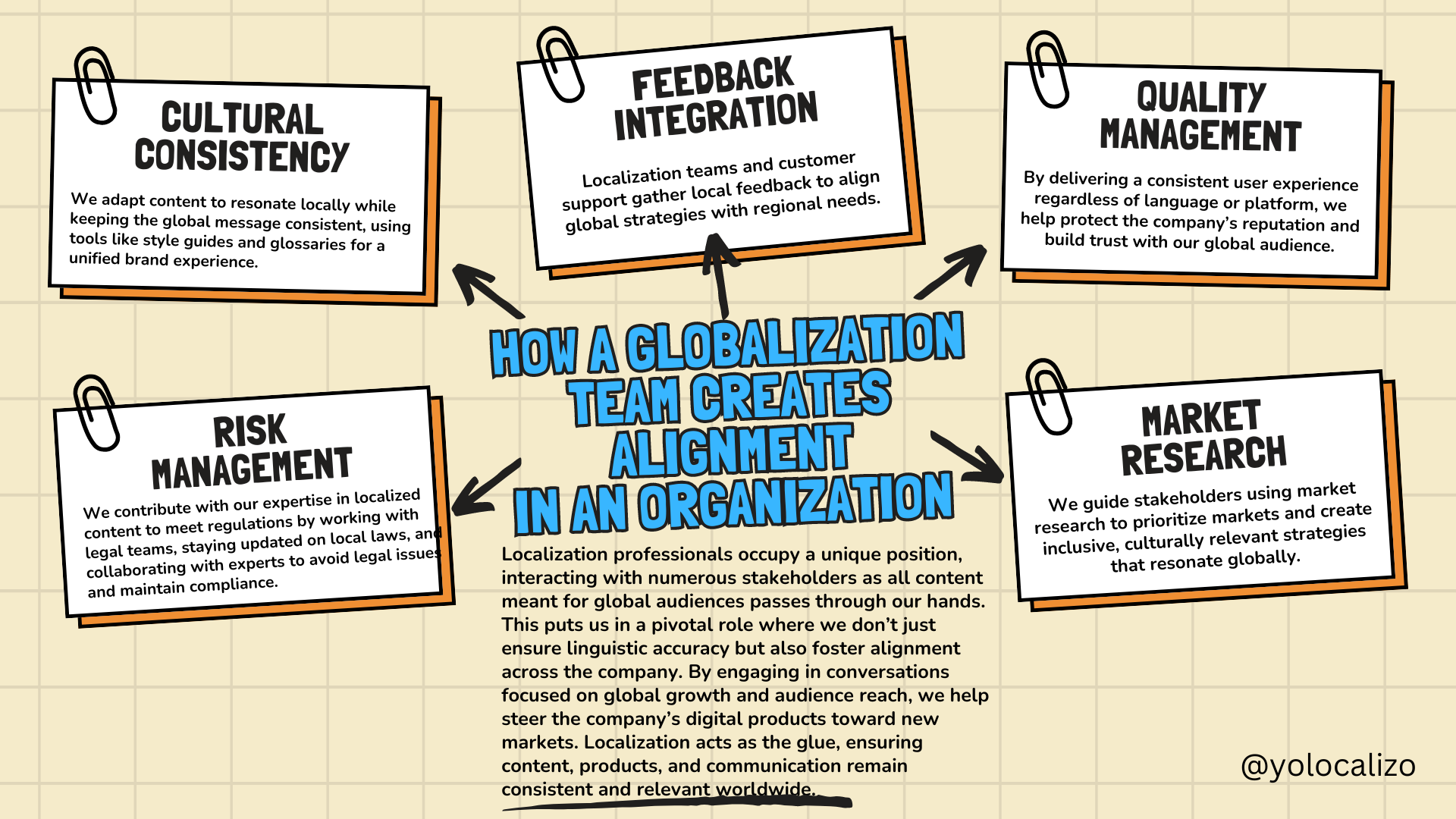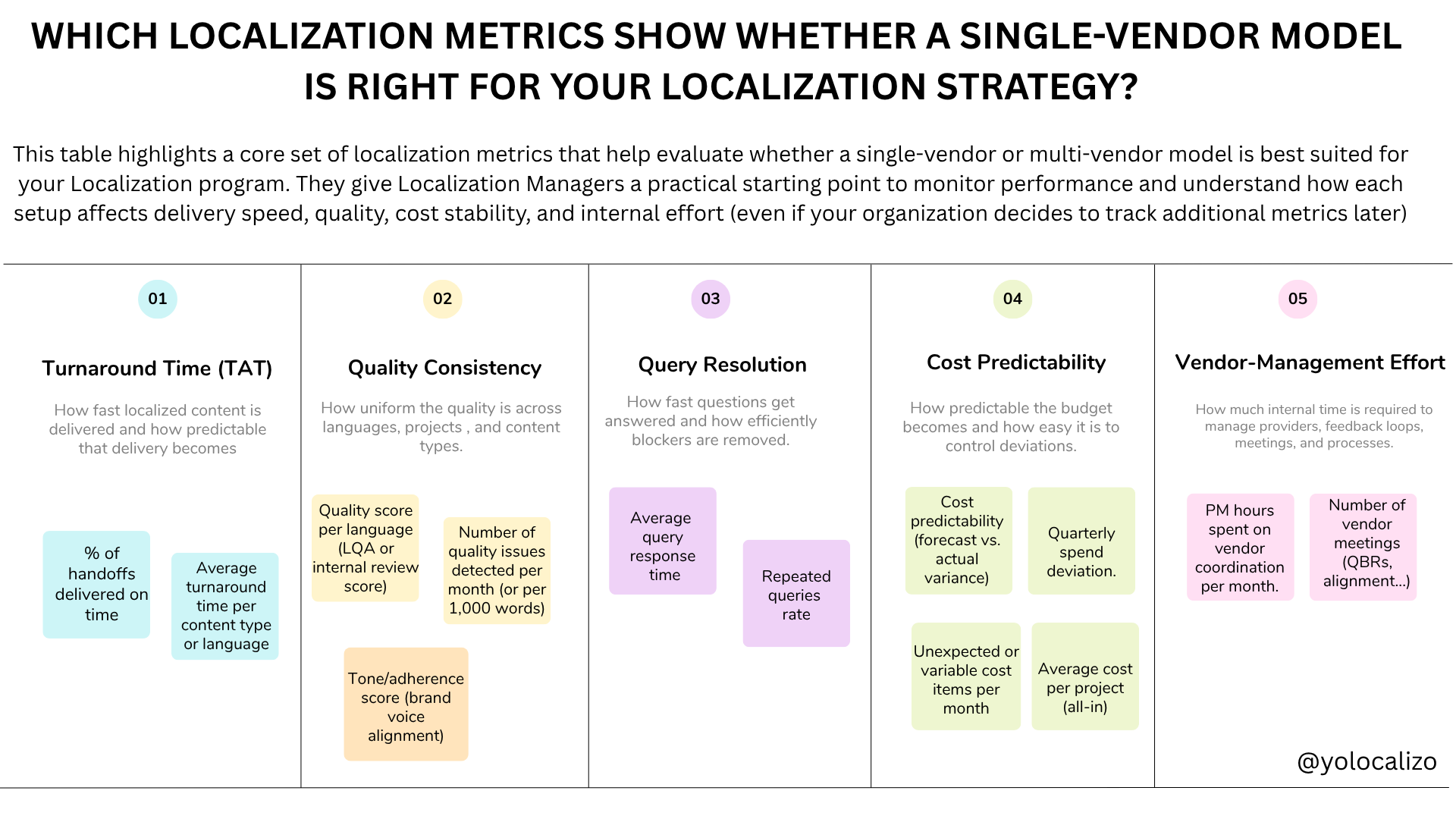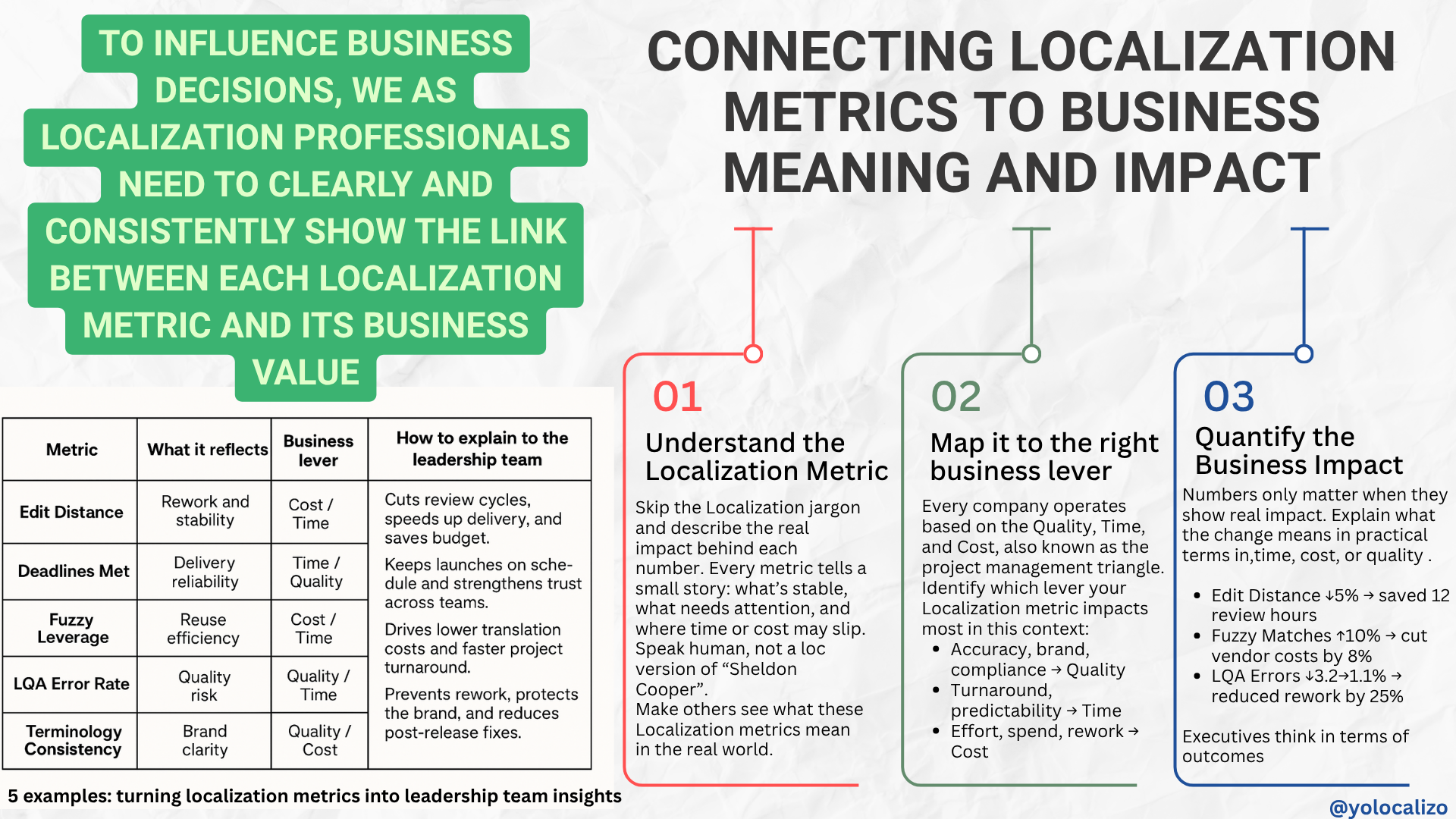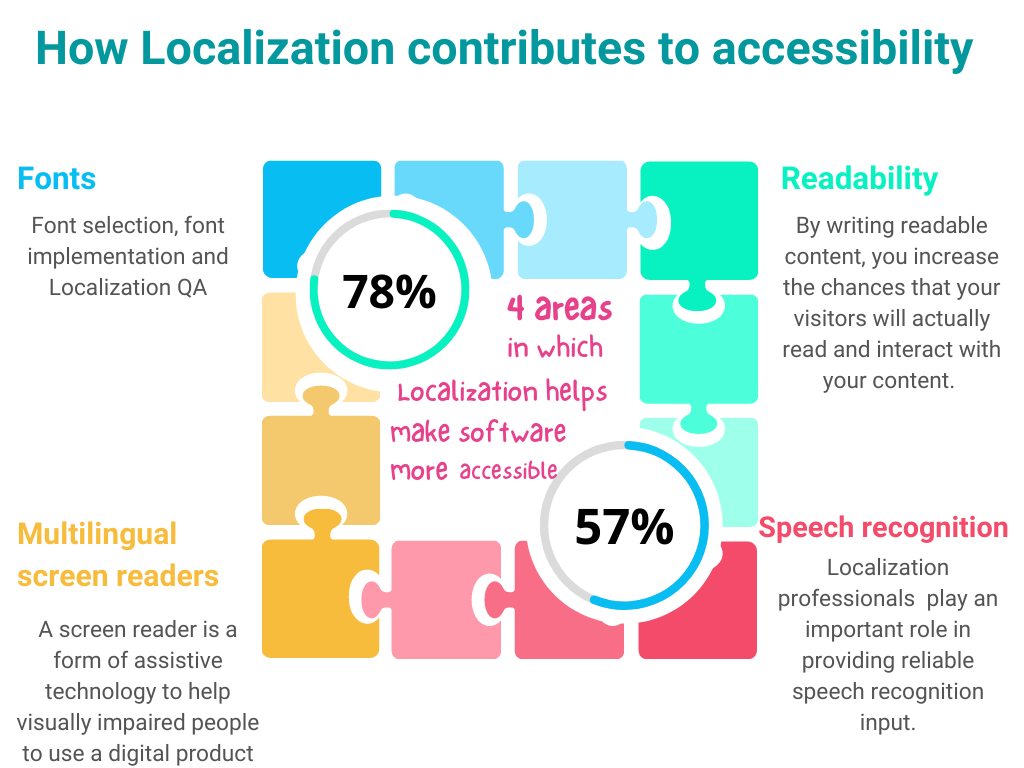3 ideas to make our invisible (Localization) work visible
I have a love-hate relationship with Twitter, and since Elon Musk manages Twitter, it's almost worse for me, and my relationship with the popular social network has up and downs.
The hate part stems from the aggressiveness of many comments, the abundance of haters, how easy it is to get into pointless fights, the wasted time, and the distractions it brings. It's like a black hole of rage and negativity.
However, on the other hand, some threads are delightful for learning about different topics. People write tweets that are wonderful for reflection and opening up dialogues.
That happened to me the other day when I came across a thread by Leslie Lovato, a Twitter user, who responded to the following question:
If you could give your younger working self any advice, what would you say?
She answered
When I read this, it immediately made me think of the Localization industry.
Often, we have settled for the mantra that the best translation is the one that goes unnoticed. We have accepted it without questioning its validity. As Renato Beninatto brilliantly stated, "Localization is like toilet paper: only important when it's not there!"
By taking this mindset for granted and coupled with the humility of professionals in this industry, we contribute to feeling that our work goes unrecognized.
So, after reading that tweet, I started contemplating what we can do to give visibility to the Localization work we do.
Here are my thoughts:
Click HERE to download the infographic
1.- Change the mindset
Giving visibility does not mean bragging but presenting facts about our efforts.
Often, we may think that sharing what we do is self-promotion or bragging. But it doesn't have to be that way. There is a cultural component at play here. Some cultures are more individualistic, where talking about ourselves and our achievements is normal. In contrast, individuals from more collective cultures feel less comfortable highlighting their individual accomplishments. This relates to the individualism-collectivism dimensions defined by Geert Hofstede.
It's important to change the mindset that sharing our work is not self-promotion but a way to make the invisible visible.
What isn't shared isn't seen, isn't known, doesn't exist, and isn't appreciated.
2.-Focus on the impact of our work, not as a list of activities we did
When we strive to make our work visible, we often fall into the trap of summarizing our activities.
For example, focusing on activities:
"I reviewed the proposals we received for the RFP we launched to find a new language partner. I took notes for upcoming meetings and examined the rates they provided."
Hmm, so what might our stakeholders wonder...
Instead, focus on the impact:
"I analyzed the three partner proposals we received. Based on my examination, I estimate that we can achieve at least a 5% projected savings from these proposals. Additionally, I'm evaluating the use of a new TMS offered in one of the proposals. By combining these efforts, I believe we can optimize our budget by $0.7 million over the next couple of years. I will provide the final number once negotiations conclude."
Now we're speaking the language of business!
Rather than just listing tasks we've completed, explain what those tasks mean in the bigger picture.
3.- A communication plan to make visible the invisible
Having a communication plan is one of the most powerful tools for giving visibility to our work. To create an effective plan, it's essential to consider how we will share the awesome things we deliver with the world!
In this communication plan, we should:
Identify what we want to highlight.
Determine how we will communicate important information (the channel).
Define the target audience.
Establish the frequency of communication.
In summary
Giving visibility to what we do is crucial as it's a vivid indication of the best we have to offer. It will help us differentiate ourselves from our competitors, or in the case of a team, it will enable us to build trust with our stakeholders.
Whether you are a solo localization professional or a Localization team member, giving visibility to what we do has become more important than ever. Without visibility of what we do, we will have few opportunities for growth as we might become invisible.
If we don't speak up about our work, no one will know, and that could damage our career growth in the long run.
@yolocalizo













This feels like a pivotal moment. Localization teams are being asked to support more markets, move faster, use AI responsibly, and show impact, not just output. Expectations are higher than ever, but many teams are still trained mainly for execution. We are strong at delivering localization work, yet we often struggle to move from output to outcome and to clearly explain the impact of what we do.